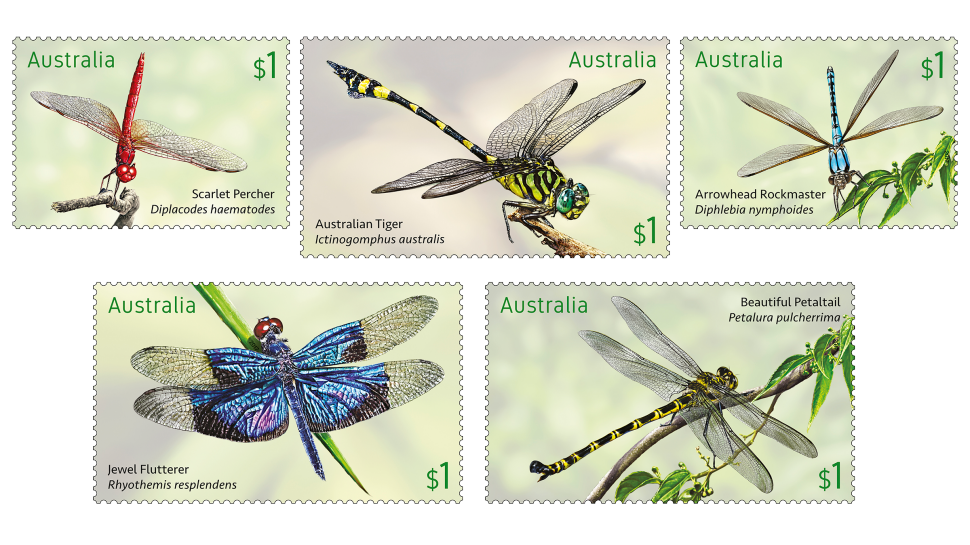Consideration of insect-related ecosystem services has largely focussed on terrestrial taxa while those inhabiting freshwater have been neglected. However, freshwater insects are fundamental to processes such as decomposition and nutrient cycling. In Scotland, freshwater ecosystems cover around 2% of the land area with our lochs and rivers containing 90% of the UK’s surface freshwater. Freshwater insects can be extremely abundant and species rich. However, around 25% of freshwater invertebrate species are under threat of extinction worldwide including several Scottish species such as the Northern summer mayfly (Siphlonurus alternatus). A decline or loss of specific species and overall species richness is likely to lead to adverse effects on the delivery of services. The breakdown and decomposition of organic matter in freshwater systems is strongly dependent on specific insect groups and their abundance. Their feeding activities therefore contribute to nutrient flows and cycling. Filter-feeders such as blackflies (Diptera) improve water quality by removing microscopic particles, such as cellular algae. Net-spinning caddisfly larvae contribute to the stability of fine-gravel due to the binding of grains by silk strands. Burrowing species aerate and rework sediments further influencing biogeochemical processes. Contribution to the diets of fish is arguably the most economically important ecosystem service provided by freshwater insects and around two-thirds of their predators are fish species. However, they are important prey for a wide range of other invertebrates, reptiles, amphibians, mammals (e.g. bats) and birds. Freshwater insects also contribute to the survival of species higher up the food chain. For example, to fish-eating otters. The adult stages of many freshwater insects, particularly damselflies and dragonflies, consume vast quantities of midges and mosquitoes that are otherwise a nuisance to humans. Hoverflies with aquatic larvae (e.g. Eristalis species) are important pollinators. In the absence of freshwater insects, few other service providers could replicate the same level and degree of service. The most serious consequences for freshwater habitats would be a build-up of organic matter or a decline in fish size or populations with repercussions further up the food chain.
Source: Knowledge Scotland, 8 Feb 2016
http://www.knowledgescotland.org/briefings.php?id=394

- Login om te reageren
